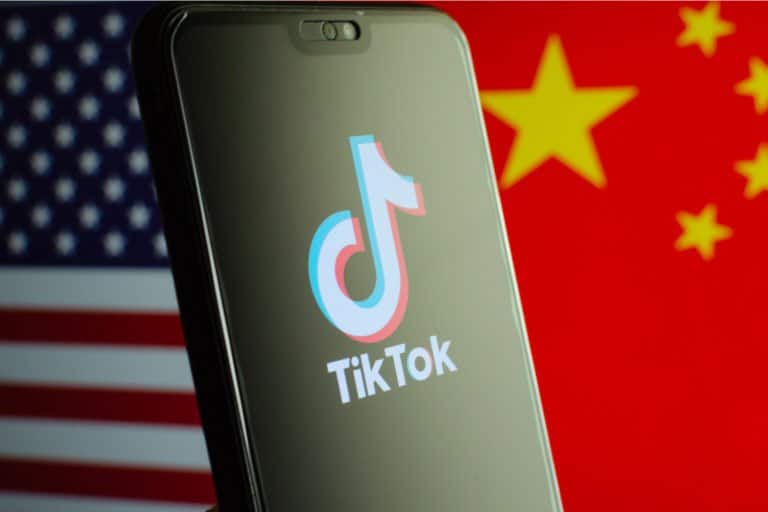French lawmakers want to stop not just TikTok, but also its American cousins.
This week POLITICO reports that “top members of France’s National Assembly” have strongly encouraged fellow MPs to “limit” their use of social media apps and messaging services. The urging message was sent in what POLITICO describes as “a damning internal email”.
While the assembly’s warning does include Chinese-owned TikTok, it also recommends avoiding US-based platforms such as Snap and Meta’s WhatsApp and Instagram. They also condemn Signal as well as Telegram, which POLITICO says was founded by Russian-born brothers.
Marie Guévenoux and Eric Woerth from Emmanuel Macron’s Renaissance party joined with Eric Ciotti from the conservative Les Républicains to issue the warning. “Given the particular risks to which the exercise of their mandate exposes MPs using these applications, we wish to appeal to your extreme vigilance and recommend that you limit their use”, they wrote.
A pattern in Franco-American relations
Unlike other EU countries, France has a habit of treating Chinese and American companies in the same way. This is due to the fear that in both China and the USA, the central government has access to the technology and all the personal data that may be collected or accumulated by the platforms under its authority.
In their email, French lawmakers point out that “personal data gathered via the platforms – contacts, photos, videos, and both professional and personal documents — could be used by foreign intelligence services“.
Indeed, the US Cloud Act allows the US’s National Security Agency to access all the data held by any US company – regardless of where that data is physically stored. Likewise, in China, an intelligence law also requires domestic technology companies to hand over data to state authorities on subjects anywhere in the world.
“The U.S. are well aware that all their arguments used against TikTok — namely that Chinese law is extraterritorial — awkwardly echo what the Europeans have been reproaching them for some time,” said Mathilde Velliet, a researcher in tech geopolitics at the French Institute of International Relations (IFRI).
